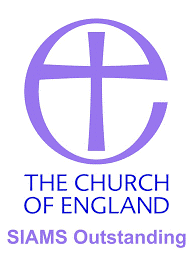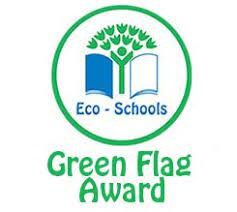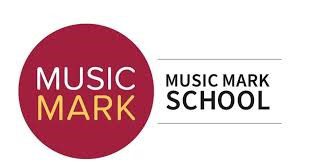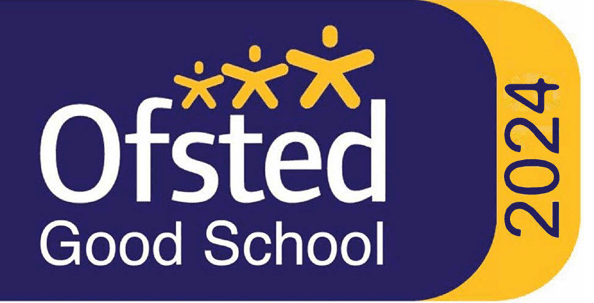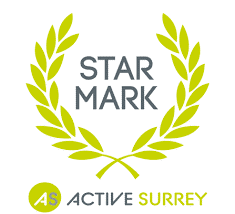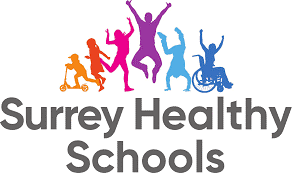In Year 4 our classes are named after the authors Rudyard Kipling and C.S. Lewis.
Kipling is taught by Mr Sawyerr.
Lewis is taught by Miss Brotherton and Mrs Kemp
The year group is supported by Mr Anderson, Mrs Leppard, Mrs King and Mrs Gibson.
In Year 4 we guide the children on their journey to independence, encouraging them to become organised and responsible individuals. Topics such as World War 2 will provide opportunities for them to explore their own ideas and to feel empathy through powerful imagery and stories. We strongly believe that creativity fosters mental growth in children by providing opportunities for trying out new ideas, new ways of thinking and problem solving.
Big Enquiry
Autumn – What Impact Did WWII Have On Britain
Spring 1 – Big Enquiry Web What Is The Science In Our Food Spring 2 Why Were The Romans Significant To Europe
Summer 1 – How Can I Become A Geographer
Home Learning
We will set reading, Maths and a writing based task each week on Thursdays, to be completed by the following Tuesday. Please see Home Learning, Year 4 for this each week.
Autumn Term
In September, we ask the question “Why is London such an important city?” and celebrate our learning in a ‘Great Exhibition’ of model landmarks of London. We also go on a trip to the London Dockland Museum, where we learn more about how the docks were used in the import and export of trade.
After half term, we study “What impact did World War Two have on Britain?”. The highlight of this term is our World War Two day where we experience the sounds of an air raid and taste some rationing recipes.
Spring Term
In January, we ask the question “What’s the science in our food?”. This enquiry is popular amongst the children as we find out how our digestive system works, including the churning and mushing of the intestines in a messy experiment.
After half term, we study “Why were the Romans significant to Europe?”. This learning sees us look at how Roman society has given us many of our ways of life today, including: enjoying watching sports as a leisure pastime, democracy and our network of roads. This half terms sees us perform a ‘play in a day’ after a Konflux theatre workshop on the Romans.
Summer Term
In April, we ask the question “How can I become a geographer?”. In this half term we use our geographical knowledge to build islands considering both physical and human geography. In May we take our residential trip to Juniper Hall, Box Hill. This trip further develops our geography skills through field work.
After half term, we learn “Is Antarctica worth saving?”. We look at the wonderful and unique environment of Antarctica and the journey of explorer Ernest Shackleton for history and geography.

